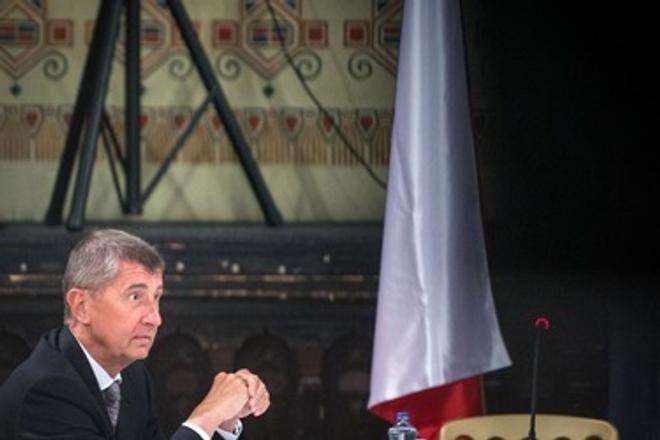Czech Prime Minister of Slovak origin Andrej Babiš has definitely lost the court dispute with the Nation’s Memory Institute (ÚPN) which included him in its list of communist secret police ŠtB confindants. This stems from the ruling issued by the Bratislava Region Court, the Sme daily reported on February 13.
The dispute lasted six years.
The regional court had to deal with the whole case again, based on the Constitutional Court verdict from October 12, 2017. In its ruling issued in late January, it dismissed the original lawsuit submitted by Babiš. It repeated what the constitutional court judges suggested earlier: the Bratislava Regional Court and the Supreme Court did not issue a fair ruling when they previously supported Babiš in the dispute with ÚPN.
The rejection of the motion filed by Babiš, however, does not mean that he really was with ŠtB. Judges underlined that ÚPN is not responsible for the content of the documents.
Babiš plans to turn to the courts again
“For us and for ÚPN this means that the Babiš case is legitimately and definitely closed,” said lawyers of the Poláček & Partners law firm, who represented ÚPN before the court, as quoted by Sme. “Currently, there is no court decision claiming that Andrej Babiš was wrongfully listed as an ŠtB agent.”

ÚPN has welcomed the ruling, but Babiš, who won the Czech parliamentary elections but his government has meanwhile resigned, said he will turn to the courts again.
“I have never collaborated [with ŠtB], I haven’t signed anything, it is a fabricated affair,” Babiš told the ČTK newswire, adding that there are hundreds of people like him.
The ruling does not suggest who should be sued, Babiš claimed. Back in October, after the ruling of the Constitutional Court, he said he would probably sue the Slovak Interior Ministry because the Constitutional Court senate said in its ruling that even if Babiš was listed in ŠtB files without justification, ÚPN is not responsible as it only manages the archive of files. As a result, the potential culprit is the Interior Ministry, Sme wrote.
The ministry told the daily they have not received any lawsuit yet.
The Bureš case
Babiš appears in the ŠtB files published by the ÚPN most often under the name Bureš. He would allegedly meet his superior in a secret flat and report on people, according to the Denník N daily.
During the proceeding, ÚPN claimed it had provided 12 files that document the activities of the agent under the cover name Bureš, and that the authenticity and trustworthiness of these files are proven by 40 signatures of ŠtB officers in various managing positions.

The file codenamed Bureš was created by former ŠtB agent Július Šuman, who in the court described the circumstances under which the file was made. Šuman said he did not know Babiš personally. In 1980, he created the file, but stressed that Babiš knew nothing about it and that he did not contact him, nor ask to meet.
Babiš insisted his appearance in the files, often under the code name Bureš, stems from a requirement that agents recruit new collaborators as part of their job. He contended that Šuman merely listed his name so as to meet his recruiting quota.


 Andrej Babiš (source: Sme)
Andrej Babiš (source: Sme)